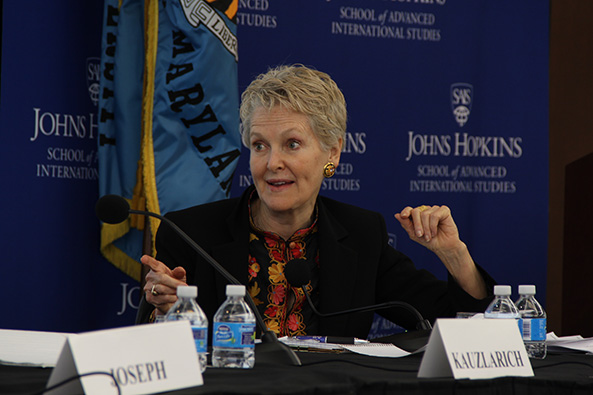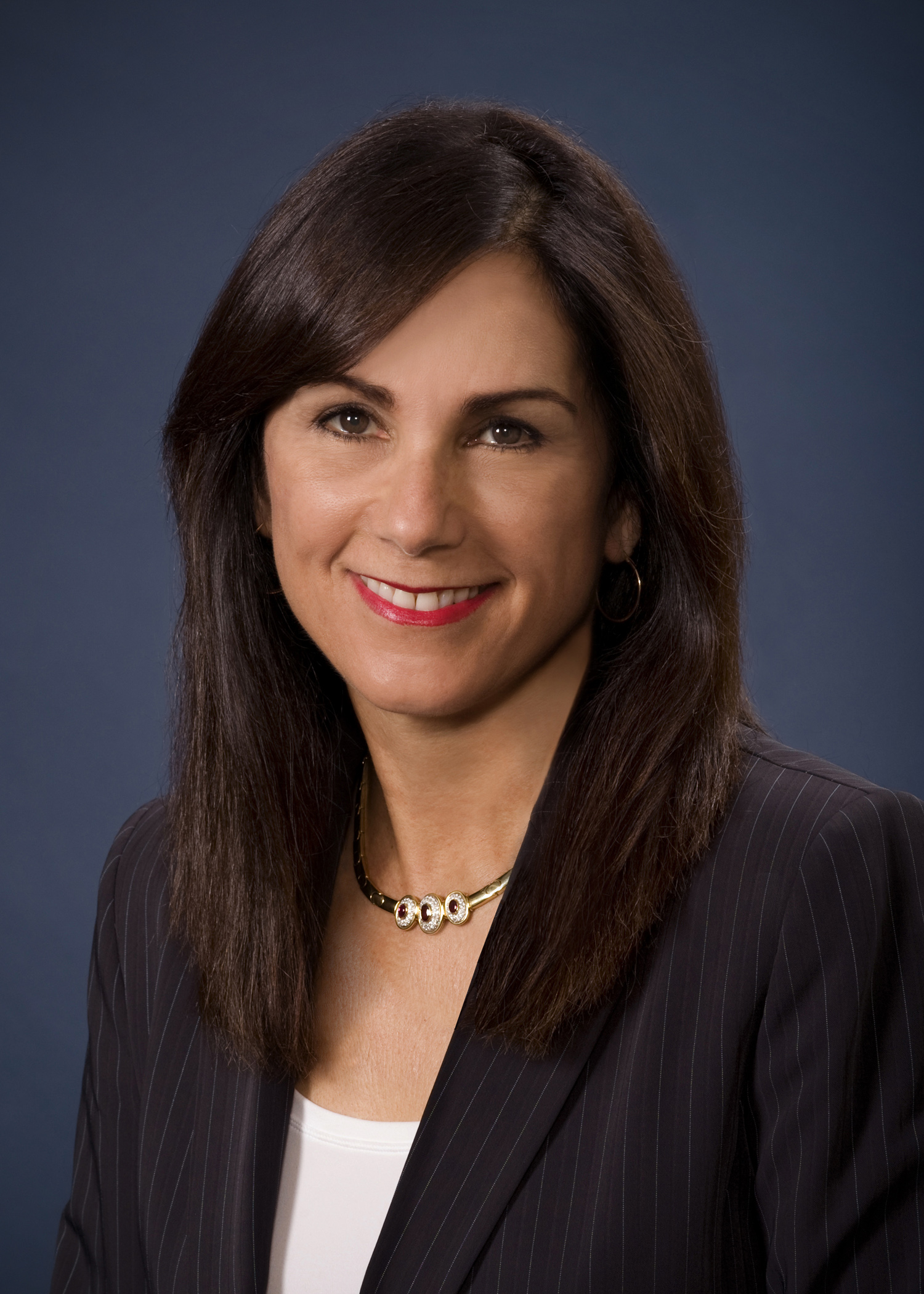Each year I am honored to provide the Florida Case Review for the 12th Judicial Circuit Family Court Professional Collaborative Annual Conference. Please click 2016-marital-and-family-law-review-course-materials to see my case law review for the year (November 2015 – October 2016). Enjoy.
Year: 2016
Family Law Case Filings on the Rise in 2015
Karen E. Rushing, Clerk of Court and County Comptroller, Sarasota County, Florida
Family Court Filings increased by 4 percent in 2015 in Sarasota County.
My local Attorney Bar Newspaper for Sarasota County, The Docket, had an article from our Clerk of Court, Karen E. Rushing. She provided a three-year review of cases filed in her jurisdiction. According to her statistics, many areas of case filings were down over the past three-year period. However, the area of Family Law had a four percent increase in filings; from 3,954 in 2014 to 4,110 in 2015. (The Docket, February 2016, Karen E. Rushing)
I am conducting a survey of Collaborative Law Cases in our area presently, and so far I am aware of at least 40 cases handled in a collaborative manner last year. While I am very happy to see that this number of families have been helped by this team approach to family law, I am extremely sad to see that this is still less than one percent of the total number of filings. This means that 99% of the families going through difficult transitions of divorce, post-divorce and paternity issues are not being assisted with a collaborative team approach to resolving their case.
I would love to see these numbers reversed. I know that a few people need to resort to the courts to resolve differences of opinion about their divorce or paternity cases. These people may have families that suffer from domestic violence or such severe disagreements that the only way to resolve the case is by having the intervention of a Judge to decide the case. Yet I also know that the vast majority of cases would be better served by the guidance of collaboratively trained attorneys, financial and mental health professionals to find solutions that best suit their family.
If you would like to learn more about how your family can avoid the costs, time delays, anxiety and conflict of litigation please contact my office to learn more about the Collaborative Law Process and how it can help you and your family. Visit my Website for more information: www.odayresolutions.com
Expanding Your Options Can Produce Great Results!
Once You have had a wonderful dog, a life without one, is a life diminished. Dean Koontz
Soon after my last dog, Sally Mae Ride Astronaut Girl Dog, (my family believes that dogs with longer names seem to have more importance) passed away suddenly from cancer, my daughter and I decided to visit the local animal shelter to find a new dog to join our family. Before we left home I made a list of my priorities for the new dog: It would be smaller than Sally who was a Gordon Setter mix, it would definitely have short hair (dear Sally had left piles of her hair around my house during her life), and it would be female as they are calmer and easier to train (sorry guys, but you know it is true). With my relatively short list in hand, we traveled to Bishop Animal Shelter in Bradenton. As soon as we got there and started to walk through the aisles of the kennel, my heart was touched by one dog that was so happy looking despite the small conditions allotted to each dog. I asked my daughter how she felt about the dog and she was also immediately drawn to the dog’s bright eyes, expressive face and wagging tail. We asked to meet the dog and right away I knew this was the one. We named the dog Shorty and took him home. So, how did I do with my list of priorities? Shorty was a one year old male Rottweiler Shar Pei mix bread (we call him a Ra-pei) and weighs about 65 pounds. Okay, he has short hair but pretty much failed on all other must-have criteria. But we love him!
So, what does this story have to do with negotiations and mediation? Actually a lot! Very often I see people come to negotiations with a checklist and if they don’t get everything on their list they will not agree to anything. They may have very good reasons for the things on the list and they believe that without attaining each of their goals the negotiations will be a failure and they will leave. In negotiation parlance we call this positional bargaining. This means a person takes a position and will not move from it. They are not open to options that may meet underlying needs or desires if it is not a complete match to their pre-decided list. Had I approached the search for a new dog this way, I would have walked into the shelter and told the clerk at the front desk my list: female, small, calm, short haired. The clerk would have evaluated my list and told me if there were any dogs that met my priorities and if not I would have left. Instead, the clerk invited me to walk through all of the kennels and see if I found the right dog. By exploring options, I found the right dog for my family, now named Einstein Short Tail Entomologist Guy Dog (I won’t explain this name but there is a lot of irony in his name, which is obvious when you meet this bug hunter). I was open to the possibilities outside my initial position and because of this we have a happy, funny boy in our family that has brought us years of joy and security. My interests were met by this happy dog who fits in with our family, even if he does not exactly match my initial position. So, when you enter into negotiations, make your list of goals, prioritize them in importance (short hair was clearly a deal breaker for me) and then be open to the possibility that there may be other ways to achieve happiness that you have not thought of yet.
Women Bring Something Different to Negotiations
 Swanee Hunt, Former Ambassador to Austria
Swanee Hunt, Former Ambassador to Austria
I was driving back from the grocery store this morning and listening to CNN’s Fareed Zakaria GPS show. He had a group discussion that made me wait for the conclusion of the segment before taking my groceries into the house. The topic was international peace negotiations with the lead guest being our former Ambassador to Austria Swanee Hunt. She was discussing a peace negotiation that she had been involved with to bring peace to the Balkans. I was particularly interested in this as I was working with the UNHCR in Croatia during this same time. The negotiations had been very difficult and complicated. When the day came to sign the agreement finally reached she said she looked out at the room filled with men in grey suits and it hit her. Perhaps it was the lack of women at the table that made the negotiations difficult. When she then discussed with women around the world why they were not included she was told that the warlords did not want the women there because they “would be more likely to compromise”. After all the men with the guns had a specific agenda and they wanted to negotiate from a place of power and the women had different priorities.
In fact, the women did have different priorities, and these included peace, security for their children, and the ability to provide their family with stability, education and health care. This is not to say that many men don’t also have these as priorities for their society but the political and military men who were negotiating for land, rights to assets and power were not the men that may have these priorities. The results are that the international negotiations are too often inclusive of only one group, the ones with the guns that benefit from war or at least “power negotiations”. As was discussed in the piece on GPS, this too often make negotiations difficult and the agreements reached tenuous.
The lessons to be learned from this piece struck me hard. Almost all of the negotiations that I am involved in on a daily basis do include women as they mostly involve family negotiations and mediation. However, the participants may approach the negotiation priorities very differently. It is important to ensure that everyone is clear on the goals of a lasting agreement. Also, it is important to ensure that all parties affected by the agreement have a voice at the table. The children are usually not included in the adult negotiations of divorce and sometimes the elder suffering severe dementia or health problems are not included in negotiations that seek to resolve their situation. However, it is often helpful to have a picture of these “parties” present at the negotiations to keep them “present” while we discuss their priorities. In more expansive societal negotiations, whether it be community relations, politics or international peace negotiations, it is critical that we include representatives from all aspects of the society at the table.
For more information on Swanee Hunt and her programs to include women on an international scale, please visit her website https://www.swaneehunt.com/


